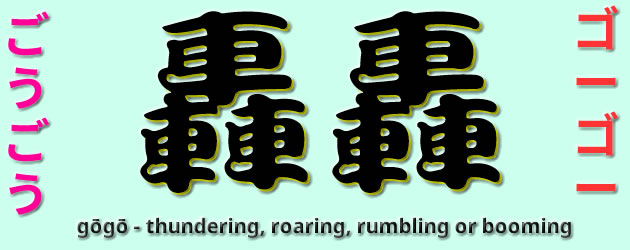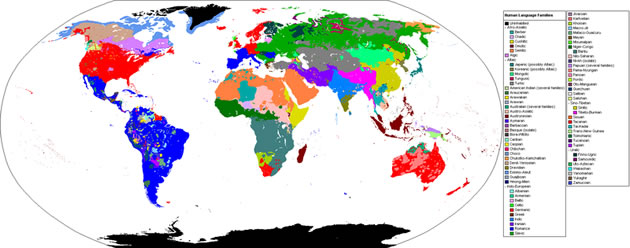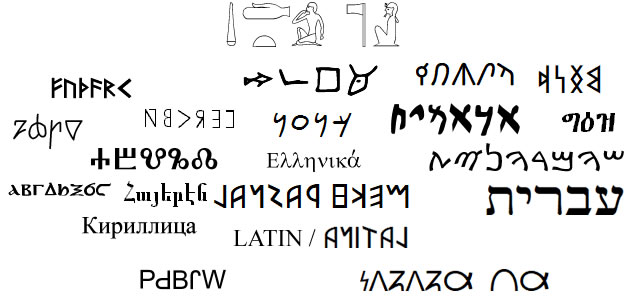On Saturday (1st April), I’m going to Scotland for a week. I’m staying in Glasgow that night, then on Sunday I’ll travel by train to Mallaig along the West Highland Line – one of the most spectacular train journeys I know of. From Mallaig I’ll take a ferry over to Armadale on the Isle of Skye, then a bus to Sabhal Mòr Ostaig (SMO), the Gaelic college where I’ll be doing a course in Scottish Gaelic songs.

Glenfinnan / Gleann Fhionnain – one of the places you pass by on the West Highland Line
I’ve been to SMO many times before to do simliar courses, and am looking forward to it very much. Although the course is taught in English, there will be plenty of opportunities to speak Scottish Gaelic, and probably other languages. So, for the past few months, I’ve been brushing up my Gaelic on Duolingo.
I’ll be travelling from Glasgow with a Dutch friend I met back in 2019 when we both did a Gaelic song course at SMO. We’ve kept in touch ever since, and she, her husband and daughter came to visit me in 2022. When we met, I had only a basic knowledge of Dutch – now I can understand and read it quite well, and speak and write it to some extent. My Dutch friend has learnt Welsh and Scottish Gaelic, with a little help from me, and Duolingo.
On the way home I’ll stay with my mum for a few days, and we’ll be celebrating my birthday on 9th April.
While I’m away, I probably won’t have much time to update Omniglot, or to write blog posts or make podcasts.











